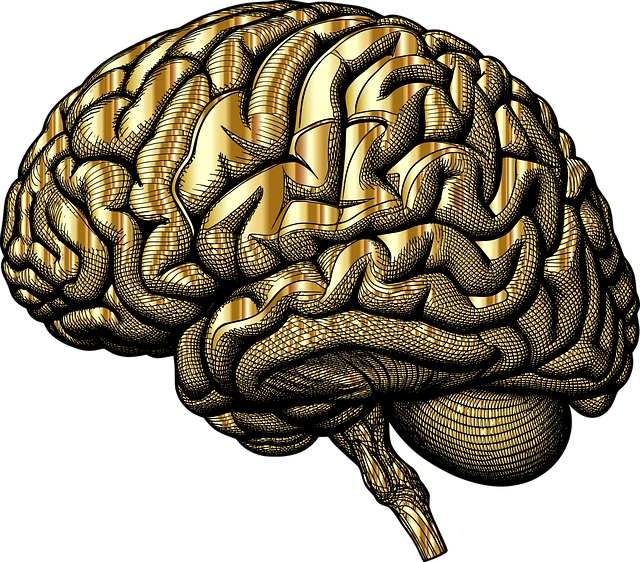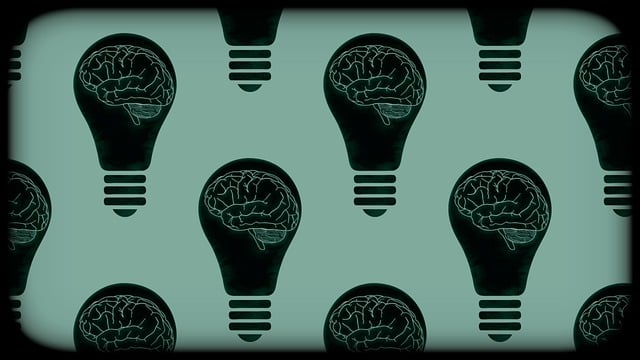Social Skills Development is crucial for young children's mental wellness, with peer interactions teaching communication, emotional regulation, and conflict resolution. Mindfulness practices, effective in therapy for young children mindfulness, build resilience against anxiety, depression, and ASD, fostering emotional awareness, stress management, and positive social behaviors. Through present-moment focus techniques, self-care exercises, and empathy-building strategies, mindfulness equips kids with emotional regulation, enhanced social signal reading, and a sense of security in social settings, ultimately improving their well-being and social functioning.
Social skills training plays a pivotal role in supporting individuals with mental health conditions, especially young children. This article explores critical aspects of social development in early years, delving into how mental health issues can impact social interaction. We present mindfulness-based approaches as effective therapy for enhancing social skills and offer practical strategies for parents and caregivers to implement at home. By understanding these techniques, we aim to empower caregivers and foster healthier social interactions.
- Understanding Social Skills Development in Young Children
- The Impact of Mental Health Conditions on Social Interaction
- Mindfulness-Based Approaches for Improving Social Skills
- Implementing Social Skills Training: Strategies for Parents and Caregivers
Understanding Social Skills Development in Young Children

Social Skills Development in young children forms a crucial foundation for their mental wellness and overall well-being. During early years, children engage in various interactions with peers, parents, and caregivers, which play a pivotal role in shaping their ability to navigate social situations. Through these interactions, they learn essential skills such as communication, emotional regulation, and conflict resolution—all integral components of healthy social development.
Mindfulness practices have emerged as effective tools in therapy for young children, contributing significantly to resilience building and depression prevention. By fostering awareness and presence in the moment, mindfulness coaching programs enable children to better understand their emotions and responses to social interactions. This proactive approach not only enhances their ability to manage stress and anxiety but also promotes positive social behaviors, laying a robust foundation for their future mental health.
The Impact of Mental Health Conditions on Social Interaction

Mental health conditions can significantly impact an individual’s ability to engage in social interactions. Conditions such as anxiety disorders, depression, and autism spectrum disorder (ASD) often present challenges in understanding and interpreting social cues, maintaining eye contact, and initiating or sustaining conversations. This can lead to feelings of isolation, reduced self-esteem, and difficulties in building and maintaining relationships.
Young children, in particular, may struggle with expressing their emotions and understanding the perspectives of others, which are essential skills for developing healthy social interactions. Therapy for young children that incorporates mindfulness practices, self-awareness exercises, and confidence-boosting activities can be transformative. These approaches help children regulate their emotions, improve their ability to read social signals, and foster a sense of comfort and security in social settings, ultimately enhancing their overall well-being and social functioning.
Mindfulness-Based Approaches for Improving Social Skills

Mindfulness-based approaches have emerged as a powerful tool for enhancing social skills, particularly in young children with mental health conditions. These techniques encourage individuals to focus on the present moment, fostering a sense of calm and awareness that can improve their interactions with others. By integrating mindfulness into therapy sessions, professionals can help young clients develop better emotional regulation, which is essential for navigating social situations with confidence.
One effective strategy involves teaching children self-care practices rooted in mindfulness, such as deep breathing exercises and body scans. These activities promote positive thinking and anxiety relief, allowing them to manage their emotions effectively during social interactions. Additionally, mindfulness meditation can help young individuals become more attuned to the feelings of others, fostering empathy and improving their ability to respond sensitively in social contexts.
Implementing Social Skills Training: Strategies for Parents and Caregivers

Social Skills Training is an invaluable tool for parents and caregivers supporting children with mental health conditions. It’s not just about teaching specific behaviors; it’s fostering an environment that encourages healthy interactions and emotional understanding. Start by integrating mindfulness practices into daily routines, as these techniques help kids regulate emotions and improve focus, laying the foundation for better social engagement.
Implementing empathy building strategies can make a significant difference. Role-playing different scenarios allows children to practice responding empathetically, while teaching active listening skills helps them understand others’ perspectives. Additionally, promoting open communication through non-judgmental conversations fosters trust and strengthens relationships. Remember, communication strategies are key to preventing burnout for both the child and the caregiver, ensuring a supportive and nurturing atmosphere.
Social skills training, particularly mindfulness-based approaches, offers a promising therapy for young children with mental health conditions. By understanding how these conditions impact social interaction, parents and caregivers can effectively implement strategies that foster healthy development. Mindfulness practices have proven to enhance social skills, making it an invaluable tool in navigating the challenges of mental health. With dedicated support, children can develop strong social competencies, leading to improved well-being and a brighter future.










